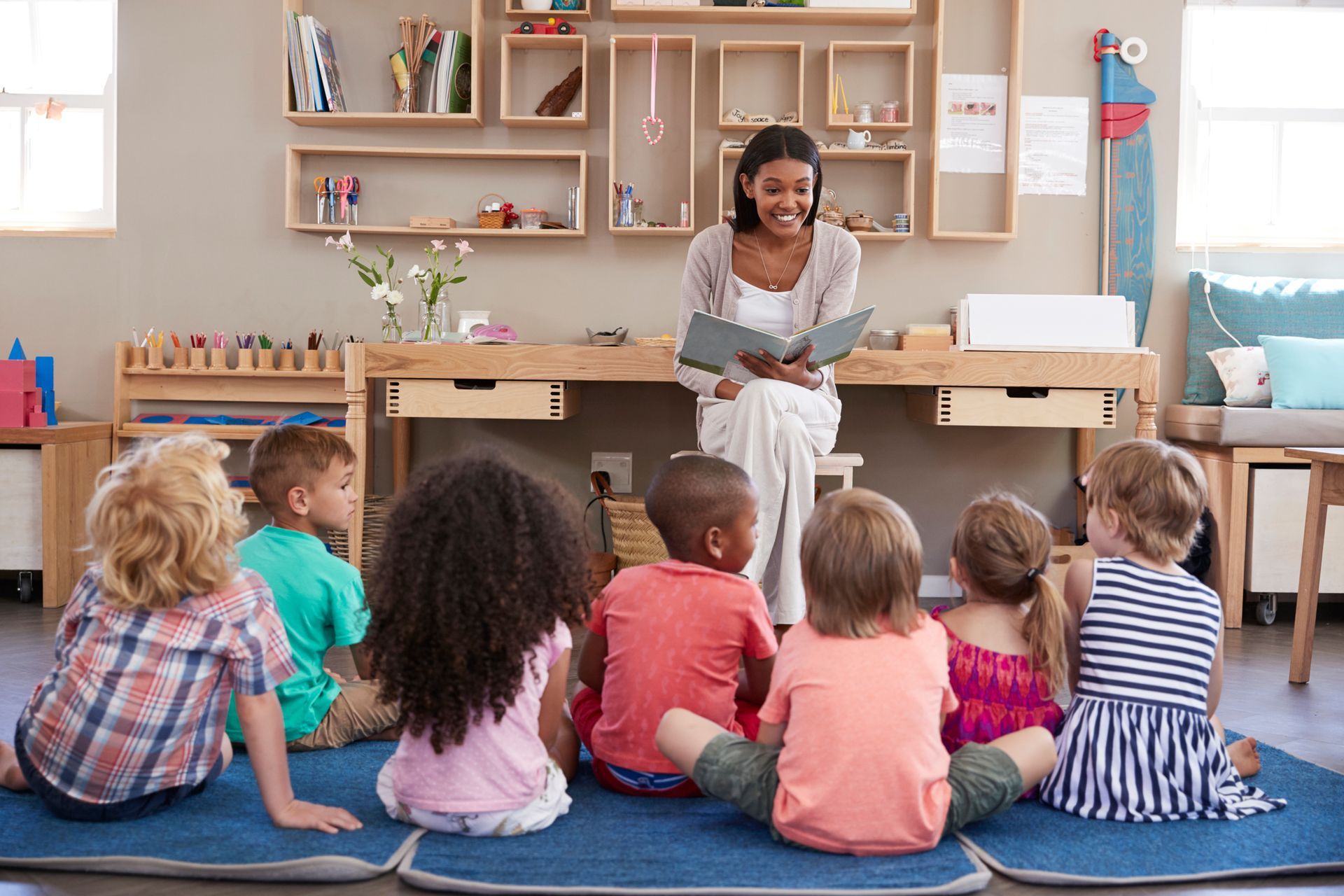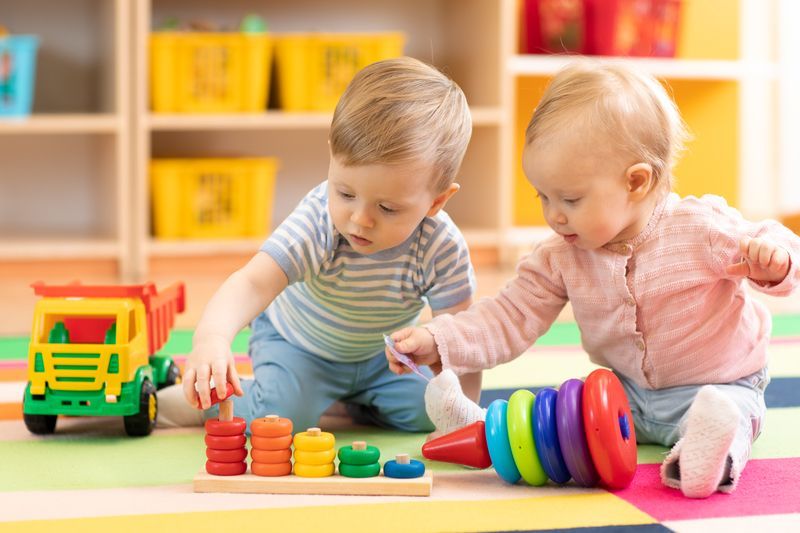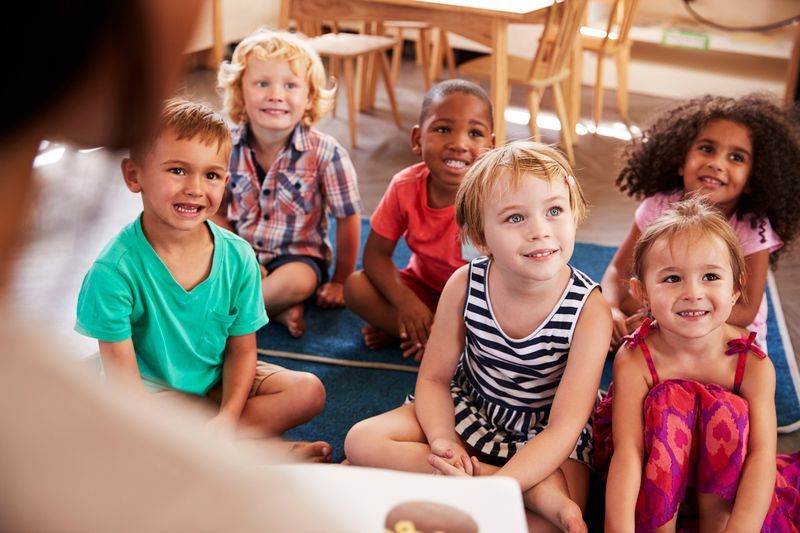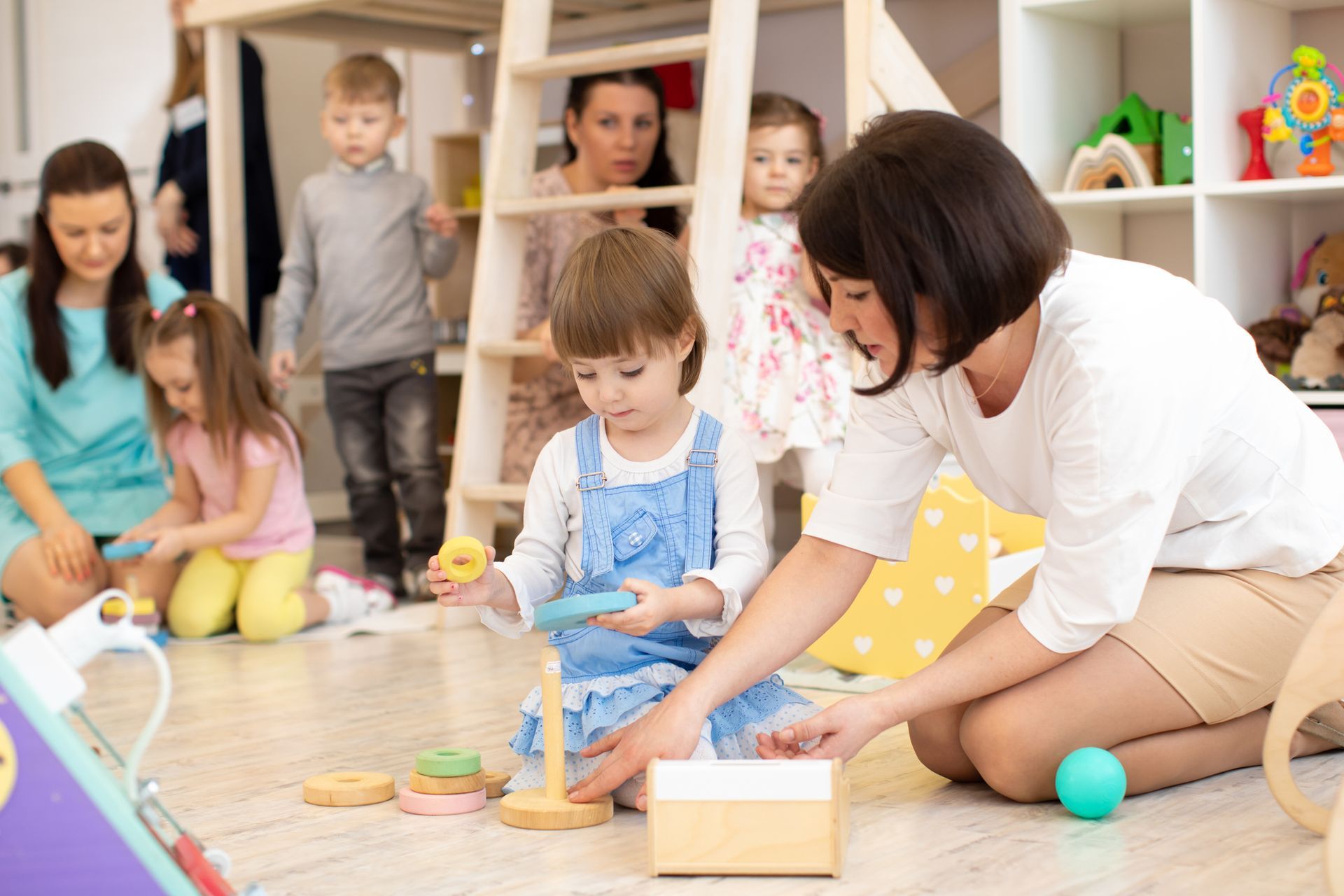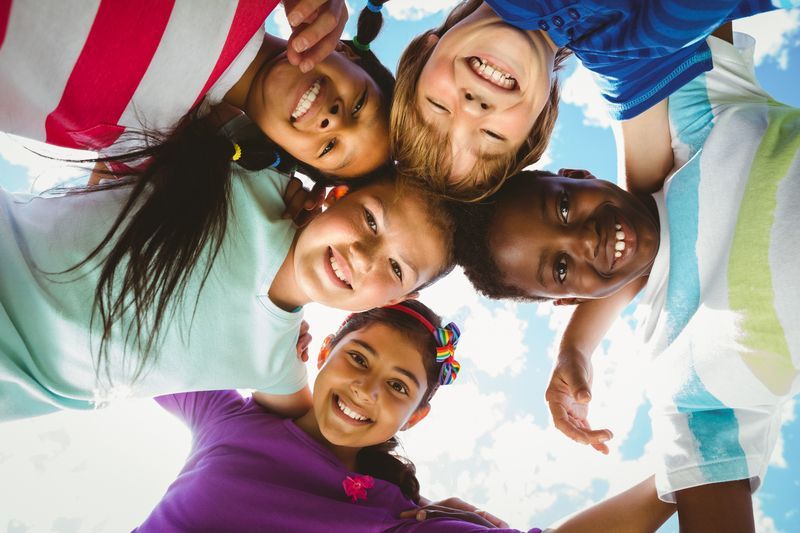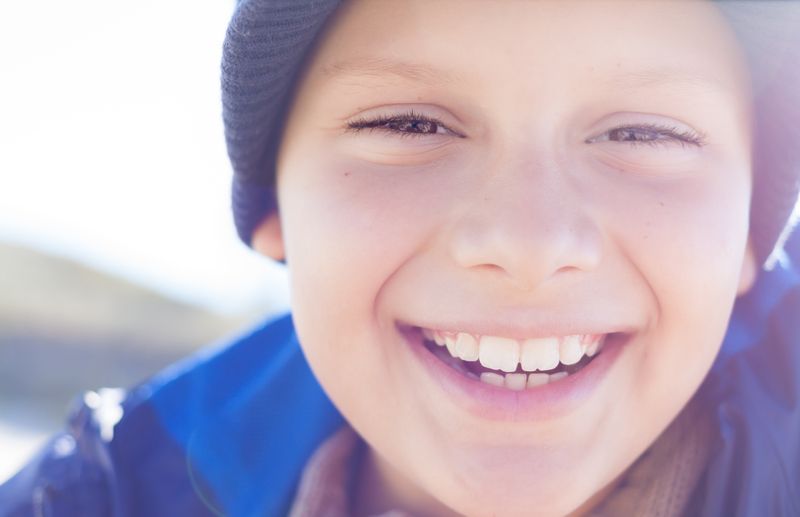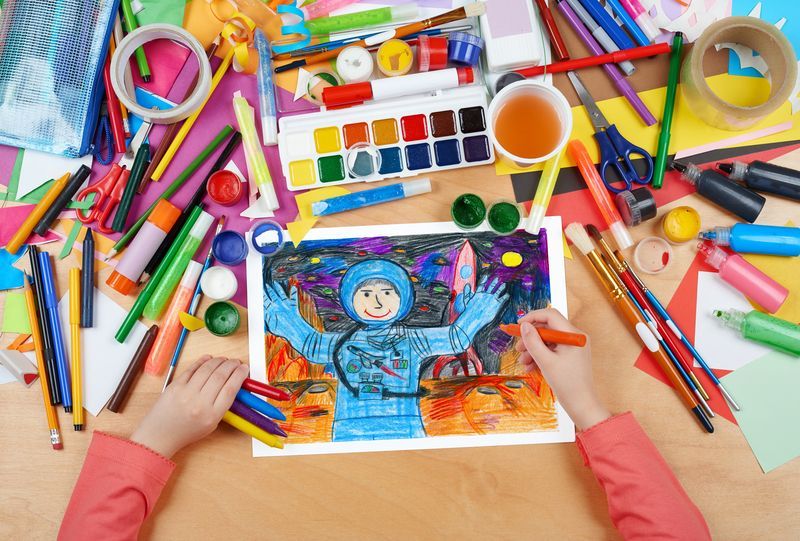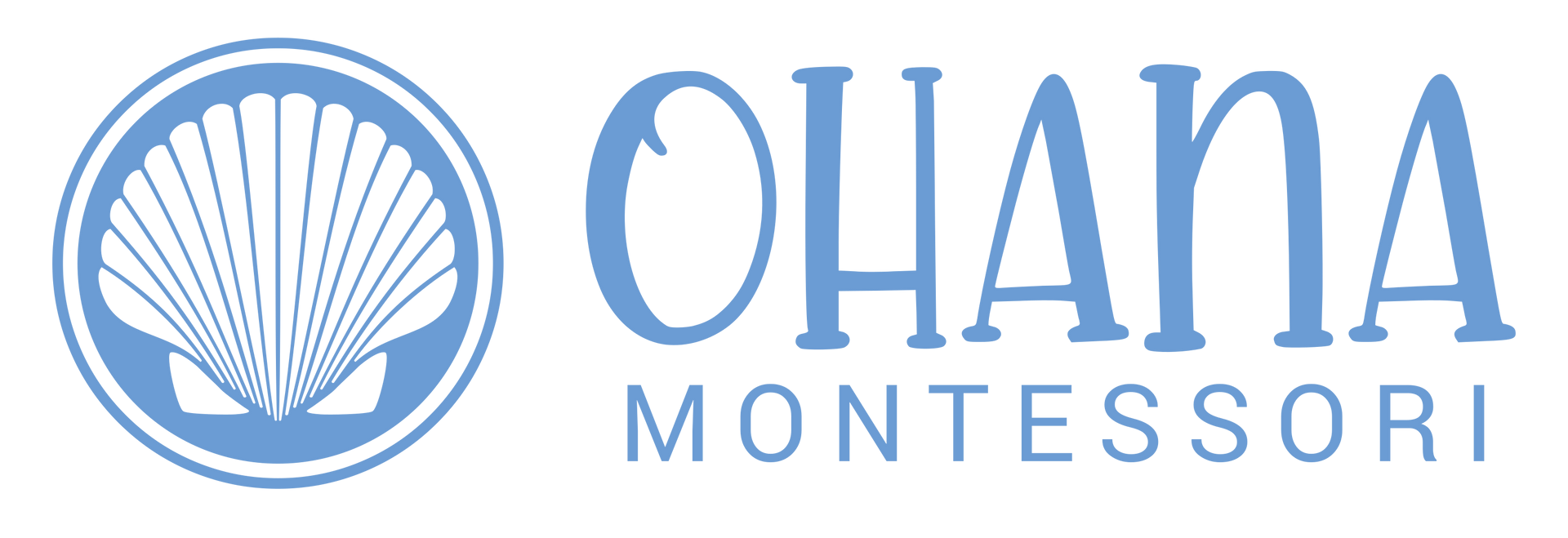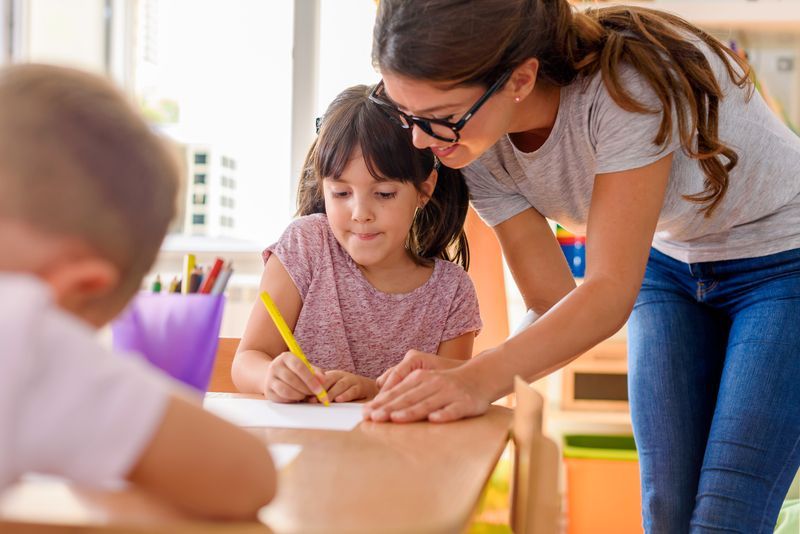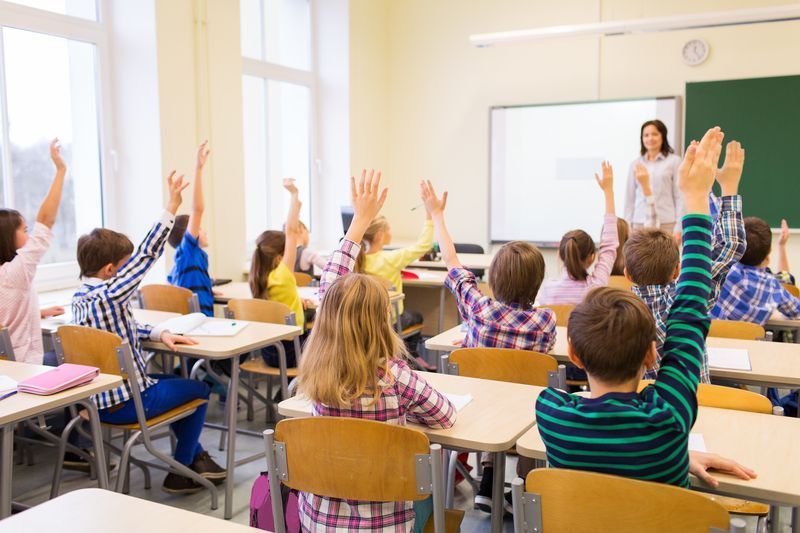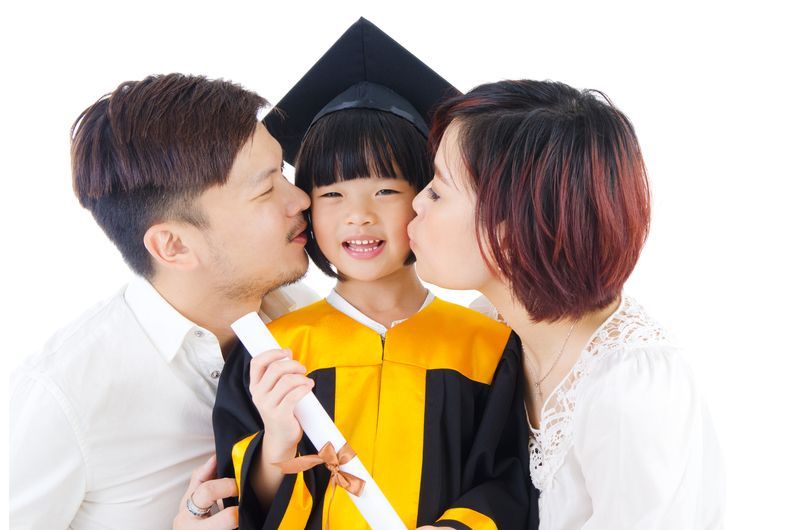Cultivating Independence with Montessori Education
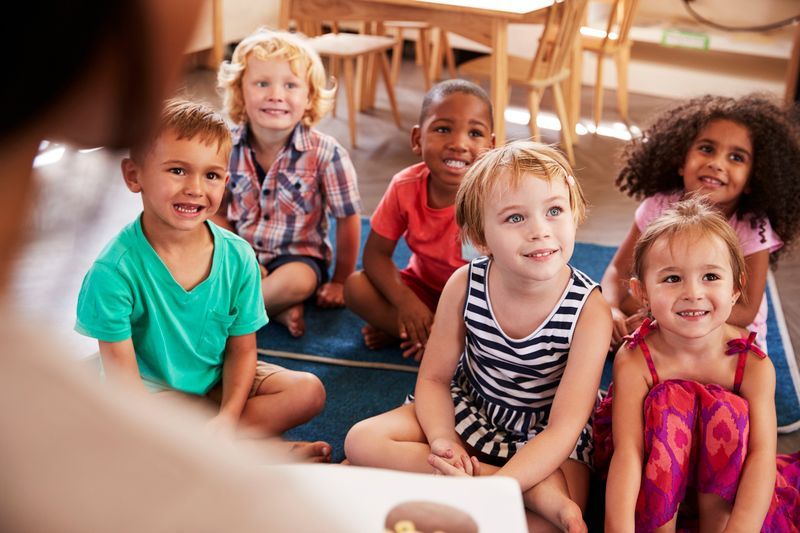
Montessori education fosters self-reliant learners by encouraging children to explore and learn at their own pace through hands-on experiences. In a supportive environment, children develop independence and confidence.
The Philosophy Behind Montessori and Independence
The Montessori approach is a child-centered educational method that engenders independence and self-directed learning. This philosophy asserts that children learn best when they are given the opportunity to explore and interact with their environment autonomously. Dr. Maria Montessori, the pioneer of this philosophy, believed that every child carries within them the person they will become. To facilitate the full development of the individual, her visionary method emphasizes hands-on learning with an emphasis on independence, a nod to the developmental needs of the child.
Montessori’s philosophy took shape in the early 20th century, with her medical background informing her focus on the holistic development of the child. This framework of education does more than just impart knowledge—it seeks to cultivate the natural zeal for learning inherent in every child. Dr. Montessori observed that when given a supportive, freely chosen learning environment, children were naturally eager to learn and act with self-direction. This core belief is the bedrock upon which Montessori schools, including Ohana Montessori in Santa Ana, CA, are built.
The Role of the Environment in Fostering Autonomy
The environment is a crucial component of a Montessori education, often referred to as the 'prepared environment.' In a Montessori classroom, every aspect is intentionally designed to be inviting and accessible to the child. This means shelves within easy reach, tools that are child-sized, and a layout that allows free movement and exploration. The environment is structured so that learners can independently access learning materials, promoting autonomy and a sense of ownership over their educational journey.
The accessible, child-friendly furniture and materials serve a dual purpose: they adjust to the physical proportions of the child, and they institutionalize respect for the child’s developing capabilities. This intentional design is evident in Ohana Montessori, where the environment will cater to the growing Orange County community seeking an atmosphere that empowers their children to become self-reliant learners.
Child-Centric Learning Materials
Montessori education is characterized by unique learning materials that have been specifically designed to support independent learning. Materials are sensory-based and self-correcting, meaning they are engineered to allow the child to recognize and correct their mistakes without external intervention. With this built-in ‘control of error,’ children are able to engage in the learning process with greater independence and confidence.
These materials cover various areas, including practical life, sensorial, math, language, and cultural studies, and are scaled to the child’s size and developmental stage. Such customization reinforces the notion that learning can be self-driven, progressively fostering independent problem-solving and critical thinking skills in young learners.
The Importance of Choice in Learning Paths
The opportunity for children to choose their activities is a cornerstone of the Montessori method's emphasis on self-determination. When children select tasks that pique their interest, they engage more deeply and demonstrate heightened enthusiasm for learning. This choice cultivates intrinsic motivation, as children feel they are active participants in their educational journey.
This key principle is evident within the Montessori curriculum, which allows children the liberty to decide the sequence and duration of their work with gentle guidance. Such autonomy has been linked with improved learning outcomes, as the child's innate curiosity is harnessed and directed toward explorative and meaningful learning experiences. In the context of Orange County’s diverse community, these methods are anticipated to resonate with families at Ohana Montessori, who value educational experiences that respect and celebrate their children’s individuality and agency.
Guided Freedom and Boundaries
The Montessori setting is a delicate ecosystem that thrives on a balance between freedom and structure. Within this educational model, freedom comes with a set of carefully designed boundaries that ensure children can explore and grow safely. This type of structure allows learners to make choices within a range of options, guiding them toward productive engagements with the material.
The educator's role in a Montessori classroom is to observe, support, and intervene only when necessary, which is significantly different from traditional teaching methods. The educator is like a gardener, tending to the environment and allowing the child to bloom naturally, rather than being the provider of knowledge. This balance is central to the nurturing environment foreseen at Ohana Montessori, set to greet young minds in Santa Ana with a blend of freedom and guidance.
Long-Term Benefits of Fostering Autonomy
Independence in early learning doesn't just cater to immediate developmental needs but also sets a precedent for long-term academic and life success. Studies have shown that children who are educated in environments that champion autonomy tend to exhibit better problem-solving skills, higher confidence levels, and a lifelong love for learning [source].
The endorsement of autonomy in the formative years is echoed by both psychologists and educators, who affirm that such practices cultivate not just more knowledgeable individuals but greatly contribute to the formation of mature, responsible, and community-minded adults. These insights from academic circles resonate with the future aspirations of families in Orange County who look to Ohana Montessori for a foundational experience that promises to shape their children's future.
Reinforcing Montessori Principles at Home
Extending Montessori principles to the home is an invaluable way for parents to reinforce the independence fostered in the classroom. A supportive learning environment can be created at home by allowing children to partake in everyday tasks and making materials accessible. For instance, parents can create a child-friendly area in the kitchen for their children to prepare snacks, or provide low shelves in their bedrooms to choose their clothes and dress themselves.
Moreover, by introducing consistent routines that align with Montessori's autonomy principles, parents can ensure children internalize time management and self-discipline. Practices such as these validate the child’s capability, mirroring the Montessori classroom's practices, and solidifying the learning that takes place at places such as Ohana Montessori.
Montessori Education in Santa Ana: A Community Perspective
The Montessori approach has been well-received by families in Santa Ana and the larger Orange County, with many parents recognizing the method's potential to positively impact their children’s learning experiences. There is a growing community of parents who value education systems that respect their children's individuality and cultural heritage, and Montessori methods are aligned with these ideals.
The community's reflections on independent learning reveal a cultural appreciation for educational philosophies that foster self-reliance and adaptability, traits that are increasingly relevant in today's diverse society. As Ohana Montessori prepares to serve the families of Santa Ana, Irvine, Tustin, and Costa Mesa, it is set to contribute to a cultural embrace of independence and lifelong learning in the heart of Orange County [source].
Experience the transformative power of a Montessori education at Ohana Montessori. Nurture your child's independence and growth by joining our community.
Connect with us today to discover how we can enrich your child's development.
